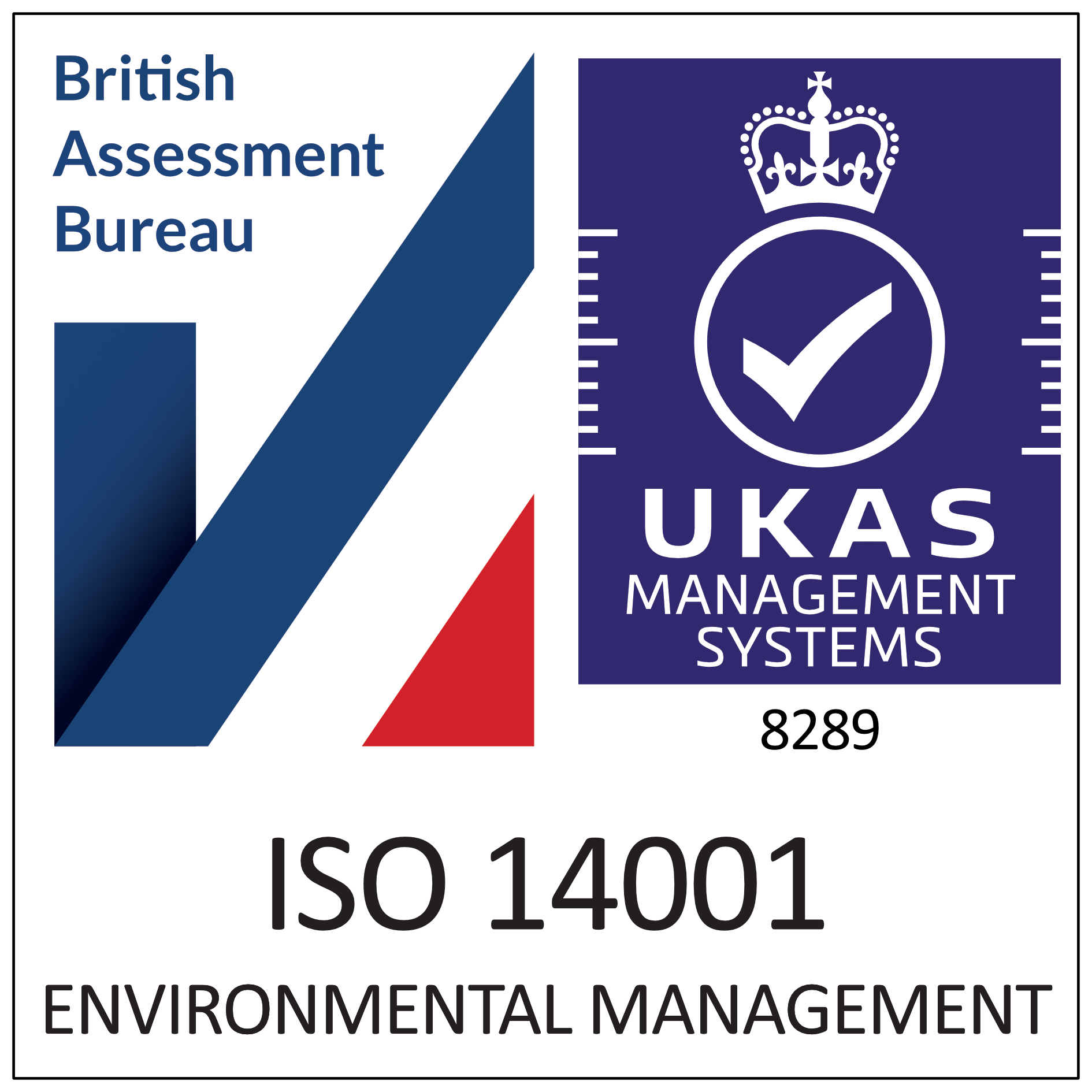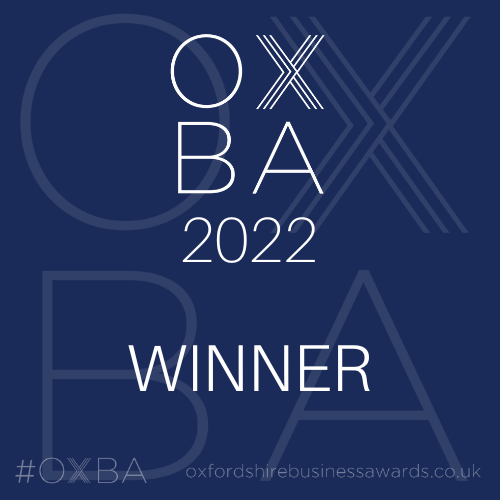

Course code: QCAT202P
Subject area: Art & Design
Study level: Part Time
Course level: U
Course time:
16:00 - 18:00
Days of week:
Thursday
Course date:
9th Jan 2025 - 27th Mar 2025
Course location:
Abingdon CampusPlease do not buy any materials until the course is confirmed as running.
Materials Required :- Middle range oil paints such as Daler Rowney Georgian range or Winsor and Newton Winton range. - Brushes: Hogs Hair are a good all-round brush to use but some synthetic oil brushes are better for detail and accuracy. If you are on a budget, then a few long flat brushes are best as they can be used to paint most things and they last longer. Some good makes are Winsor and Newton, Signet by Daler Rowney and Da Vinci. - Canvases: Use an A3 pad of real canvases, not paper with a canvas texture printed onto it! Some commonly available makes are Pebeo Pop Art Canvas Pads, Jax Art Maestro Canvas Painting Pad. - Thinners and Mediums: You need to thin oil paint and traditionally this is down with artists turpentine (Low odour please), or nowadays there are alternatives such as Sansodor, and Zest it which smell nicer! There are also mediums that we put into the paint to change its texture, the traditional one is linseed oil, but a modern alternative is Liquin Original by Winsor and Newton which is easy to use and speeds up the drying times. - Rags/clothes to rub in paint. White spirit or brush cleaner to clean brushes.
Painting is messy so you will need an old shirt or similar and newspaper to protect the tables.
Please note there is no session on 20/02/25.
Abingdon and Witney College is subject to Ofsted regulation and is required to work with all its students to make sure they understand Government initiatives around Safeguarding, Prevent and Fundamental British Values. Information on these matters will be shared with you during your course.
You will also be asked to complete monitoring paperwork, which h
Explore painting techniques
Develop observational skills through still life
Design simple compositions
For the first week of the course you will need to bring a valid form of identification; this includes passport, driving licence, debit/credit card, Birth Certificate or National Insurance card.
Please note - you should be 19 years old or over at 31st August 2024 prior to starting the course.
Courses offered by the college are fully or partly funded by the Government and the published fee takes account of this funding.
Before starting a course, the College is required to check you meet conditions relating to that funding, e.g. age, residency status within the UK/EEA, prior qualification level and employment status. In some circumstances (such as with online enrolments), these checks can only be completed after you have enrolled and paid.
If you are unable to pay in full for this course at the time of enrolment, and the course tuition fee is £300 or more, an instalment plan is available. If this is your preference, please do not enrol online but rather call the Admissions Team on 01235 216400 to enrol.
Once enrolled, Admissions will take the first instalment payment from you and pass on your details to the Finance team who will email you to set-up your payment plan. Please return a fully completed instalment plan to Finance as failure to do so could result in being withdrawn from your course.
The rules on fee reduction are complicated, we would encourage you to talk to our Admissions Team on 01235 216400 to discuss these options. You can find more information on our Fees and Bursaries page - search "Fees and Bursaries" at the top of the page.
£211.20
£105.60
As this is a non-accredited course, there is no formal qualification. To track your progress and achievement you will be required to complete a short document.








